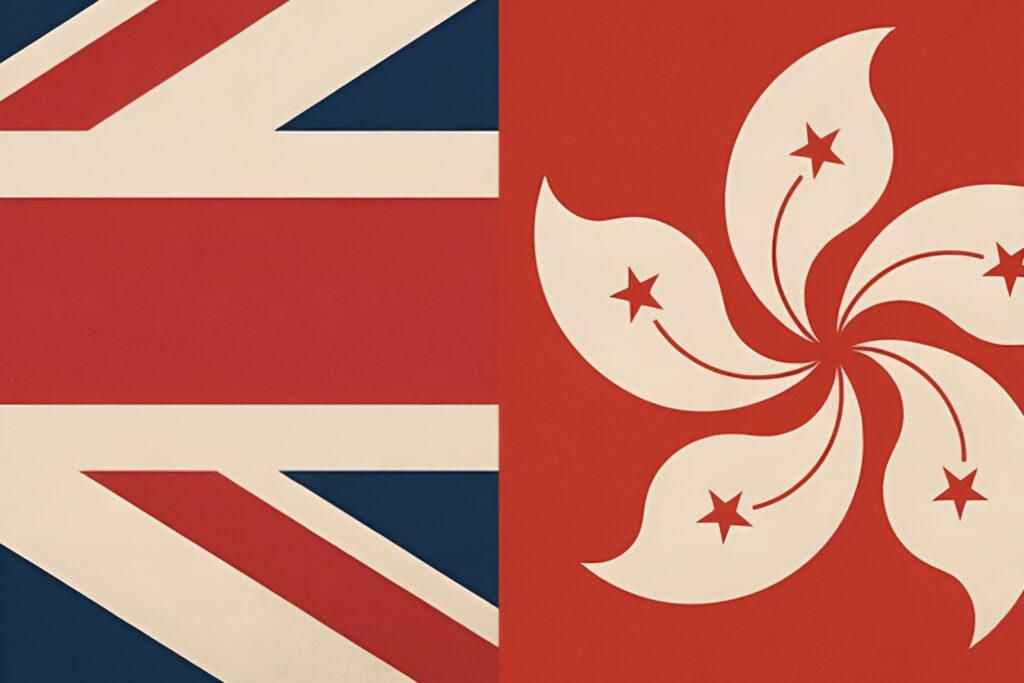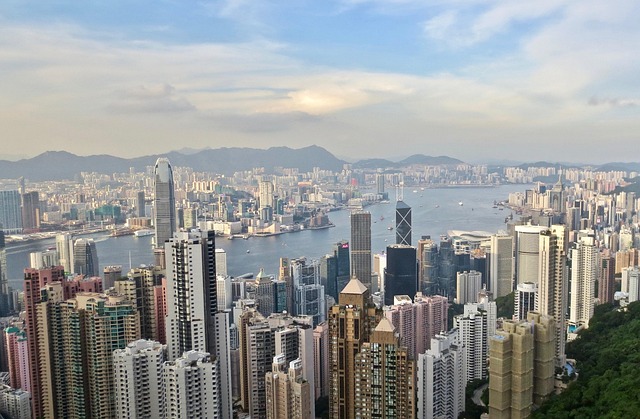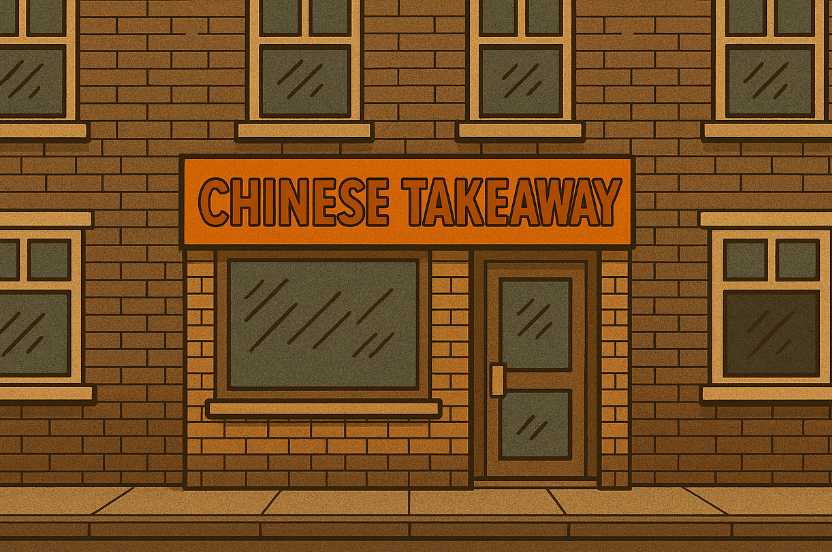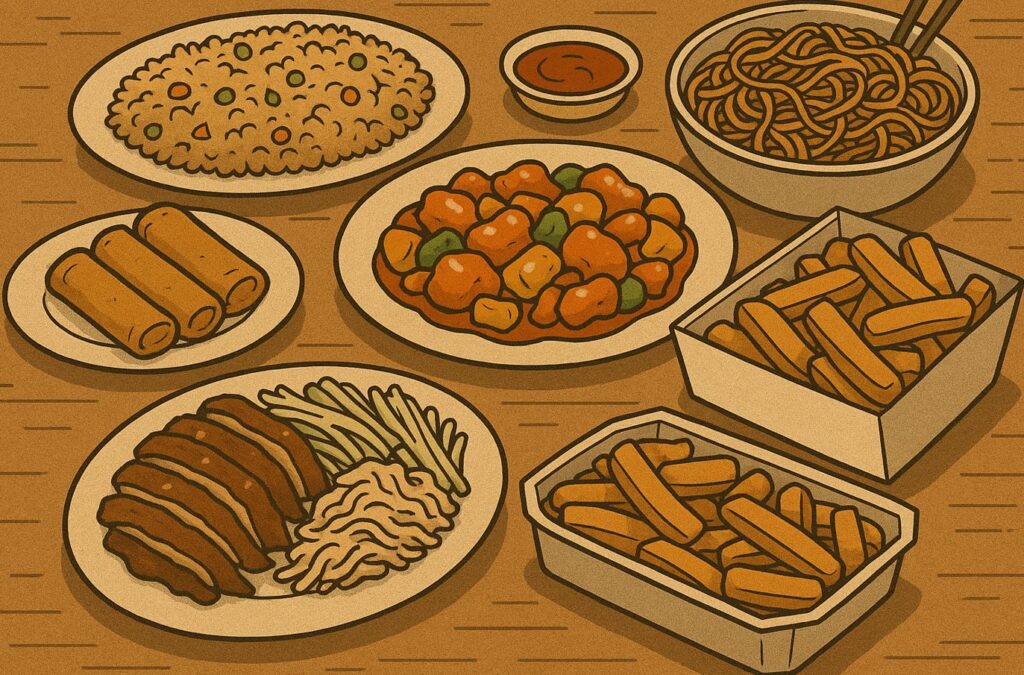
Responding to China’s enactment of the National Security Law and cracking down on anti-extradition law protests of 2019 in Hong Kong, the UK government launched the British National (Overseas) visa scheme in January 2021. The scheme provided a new immigration route for Hong Kong residents holding BNO status offering up to five years of residency, the right to work and study and a pathway to citizenship. With many Hong Kongers faced with uncertainties about the future of the city, it marked one of the most significant and endorsing responses by the British government.
Since then, over 160,000 Hongkongers have resettled in the UK under this route (UK Home Office, as of 2024), forming what consider to be a new and distinct wave of migration. Many young families and politically conscious individuals who made the decision to leave not only out of concern for their safety, but also to secure a more stable future. As someone with Hong Kong immigrant parents, the scenario feels both familiar but also differentiating in certain ways.
My own family immigrated to this country decades ago, driven by very different circumstances, a time when economic hardship and the need for survival, rather than political urgency. Observing this new wave of arrivals has prompted me to reflect on the remarkable evolution of the Hong Kong diaspora in Britain and to ponder what the implications of these changes mean for us.
While political events provide important context, this post aims to offer a cultural perspective on the evolving dynamics of Hong Kong migration to the UK, rather than making a political statement. The primary objective is to provide a personal reflection and better understanding on how these shifts are shaping the diaspora in the UK. Also exploring how we might cultivate and renew our connection to the community through our shared heritage.
A Brief History of Hong Kong Migration to the UK
To understand the significance of the current BNO wave, it’s important to look back at the earlier chapters of Hong Kong migration to Britain. While Hong Kong has long been linked to the UK through its colonial history, mass migration began to take shape more visibly during the mid-20th century.
The Old Wave: Post-War to Pre-Handover Migration
The first major wave of Hong Kong immigrants arrived between the 1950s and the 1980s, most coming from the New Territories and rural areas. Driven by poverty, rapid economic change or a hope for better opportunities, many sought new lives abroad. A significant number migrated to the UK through the Commonwealth migration scheme, settling in cities like London, Birmingham, Manchester, and Liverpool.
These early migrants were mostly working-class with limited schooling. They often found work in the catering industry, opening takeaways and restaurants, and faced long hours, language barriers and racial prejudice. Their political involvement was generally minimal, not due to apathy, but because their focus was on survival. Despite these challenges, they formed close-knit communities centered around clan associations, churches and family businesses.
Their primary goal was to build a stable future for their children, prioritizing education and opportunities for the next generation, hoping to break free from poverty and create a better life.
The Handover and the End of British Rule
In the years leading to the Hong Kong’s handover to China in 1997, some families emigrated to countries like the UK, Canada, Australia, or the U.S. as a precaution against political instability. Post-handover, migration slowed, with many remaining hopeful about the “one country, two systems” model. The UK limited migration options for Hong Kong residents after 1997, leading to fragmented migration in the 2000s, often for education or careers rather than mass exodus.
The BNO Scheme and the New Wave (Post-2020)
A significant number of BNO migrants were shaped by the pivotal events of the 2014 Umbrella Movement and the 2019 anti-extradition protests. The latest wave of migration to the UK began after the imposition of the National Security Law in June 2020, which many Hong Kongers felt was a threat to their civil liberties. In reciprocation, the UK government introduced a new immigration route for British National (Overseas) passport holders and their dependents, a move positioned as both a moral responsibility and a geopolitical stance for the British government, echoing the legacy of its colonial connection.
The decision to migrate is not solely driven by the pursuit of opportunity, but also by the desire to preserve their identity. For some, it’s about safeguarding their children’s education and values in a place that still promises personal freedom – a place they no longer feel they can call home.
What is BNO?
The British National (Overseas) or BNO, status is a form of nationality created by the UK government in 1987 for Hong Kong residents who were British Dependent Territories citizens before the 1997 handover to China. BNO status allowed individuals to hold a BNO passport, but did not grant automatic right of abode or work in the UK. However this has changed when the UK introduced a new BNO visa scheme in January 2021 granting BNO passport holders and their close family members the privilege to live, work, and study in the UK with a pathway to full citizenship.
Points of Comparison: Old vs. New Immigrants

As someone whose family came to the UK decades ago, I find that there are some striking differences between recent BNO arrivals from my parents’ generation. In values, class background, language, and outlook, these two waves often occupy parallel yet distinct worlds. Understanding those differences is essential if we are to build a thriving community within British society.
1. Class and Economic Standing
The earlier migrants who arrived in the mid–late 20th century were, by and large, working class. Many came from rural parts of Hong Kong with little formal education and found employment in manual labour or the catering industry. Life was often hard and full of compromises.
In contrast to earlier generations, the BNO migrants are much more diverse. Often middle-class families, with various professional and academic backgrounds. Many are fluent in both Cantonese and moderate level of English, they come with global experience and a desire for long-term stability. According to the Home Office and research from the British Future think tank, BNO families tend to be dual-income households with children in school, seeking upward mobility and stability.
2. Cultural Identity and Language
Older migrants and their children, like myself, often developed hybrid identities, deeply integrated into British life, but with Chinese cultural practice at home. However, many of us, especially second-generations, speak only conversational Cantonese and may feel distanced from the cultural rhythms of everyday Hong Kong life. Older generations may also seem detached from the new arrivals as they grew up in a totally different era of Hong Kong.
BNO migrants being recent arrivals, by contrast, often bring a fully-formed Hong Kong identity. They retain linguistic fluency, cultural references and a shared sense of recent political history that we don’t always relate to directly. This can create a subtle cultural barrier despite sharing the same cultural roots, we sometimes feel like foreigners to each other.
3. Political Consciousness and Colonial Memory
Older generations of Hongkongers were often politically disengaged, both in the UK and in Hong Kong. My parents rarely spoke about politics, they were more concerned with the need to survive. Many came to Britain with gratitude, but also ambivalence to the cultural differences.
In contrast, the BNO generation is politically active and sharply aware of rights, freedoms, and the legacies of the empire. Some view Britain not just as a safe haven, but as a former colonial power with unfinished responsibility. Many BNO migrants even express admiration for the British legal system, culture and civic freedoms.
4. Community Integration and Organising
Earlier Hong Kong migrants tended to gravitate toward city centres and established Chinatowns, often focusing on survival and family. Their communities revolved around Chinese restaurants, takeaways, supermarkets, schools and kin networks.
BNO families on the other hand are settling in suburban and commuter towns around London; places like Reading, Milton Keynes, Sutton, and Solihull have seen surges in Hong Kong arrivals. With them, new institutions are being built: Hong Kong-style churches, parenting groups, businesses and community support hubs. But just as with the rest of the Chinese diaspora, the community is still quite scattered.
5. Employment Prospects and Frustrations
Older generations of Hong Kong migrants often entered the UK workforce with lower expectations but clearer pathways. Many found work in sectors like catering, textiles or manual labour—fields that, while physically demanding and often poorly paid, did not require formal qualifications or language fluency. In a sense, their struggle was one of physical hardship and social exclusion.
Despite having higher academic and skill levels, many BNO migrants face challenges entering the UK workforce at a level that matches their experience. Professional licensing, unfamiliar hiring practices and implicit bias can act as barriers. This has led to underemployment of many with limited options but to take up minimum wage jobs or part-time roles that don’t match their skill levels. Though this may also depend on the job sectors. However unlike the generations that came before them, BNO migrants are more appreciative of work life balance over the grinding work culture.
Reflections of My Roots
Watching the new BNO migrants settle in the UK in many ways, I feel appreciative that Hongkongers are resilient, adaptable and actively rebuilding their lives. A journey that my parents have been through decades ago. But I also feel slightly out of place, like a distant cousin to both their experience and that of my parents. I suppose many of us second-generation children of immigrants find ourselves in this odd in-between space: fluent in the culture of assimilation, yet held by a heritage that we only partially understand.
At the same time, I recognise that BNO migrants are navigating real uncertainty: housing insecurity, employment challenges, and in some cases, social alienation. They might have more resources than our parents had, but the emotional toll of leaving behind home, friends and a sense of belonging shouldn’t be underestimated. Telegram groups, Facebook forums, and YouTube channels act as lifelines for newly arrived families to find housing, schools, jobs and moral support.
So I feel it’s crucial to listen more and to understand their struggle and challenges that they face, even if I don’t share the same experiences. The story of migrations from Hong Kong isn’t one neat narrative, it’s a diaspora of overlapping migrations throughout the past decades. This also reveals an important tie to Britain’s colonial past where the history of two different cultures intertwined, that’s been going on for over a hundred years.
The arrival of BNO migrants is not just a demographic shift but it’s also a cultural one. Each wave of immigrants from Hong Kong bring with them fresh perspectives shaped by different political and economical landscapes, and a stronger sense of civic engagement. From launching new schools and support groups to revitalising interest in arts, food, language and values with deep attachment to modernised Cantonese culture, this new wave is already reshaping the landscape of Hong Kong diaspora in the UK.
Rather than displacing the existing Hong Kong diaspora, their presence has the potential to enrich and innovate it, encouraging a more confident, vibrant and dynamic diasporic community. For second generations like mine, it’s also an invitation to reconnect and reconstruct the identity of Hongkongers in Britain today.
Share this post:


